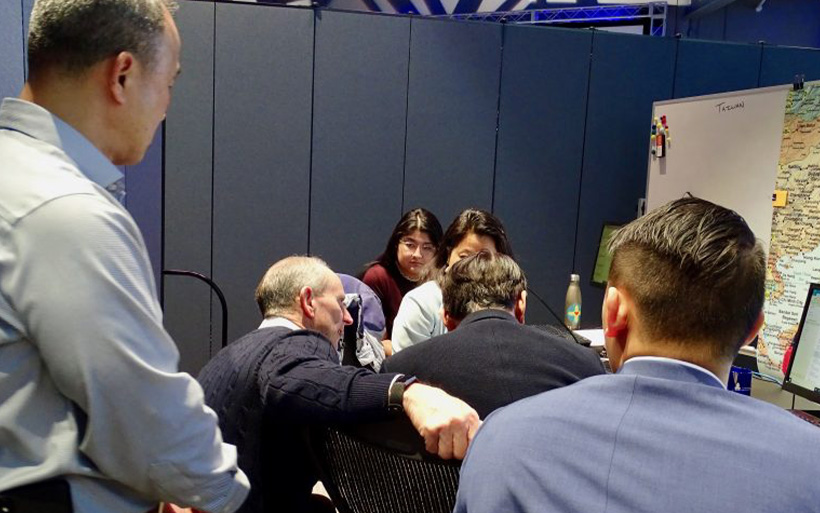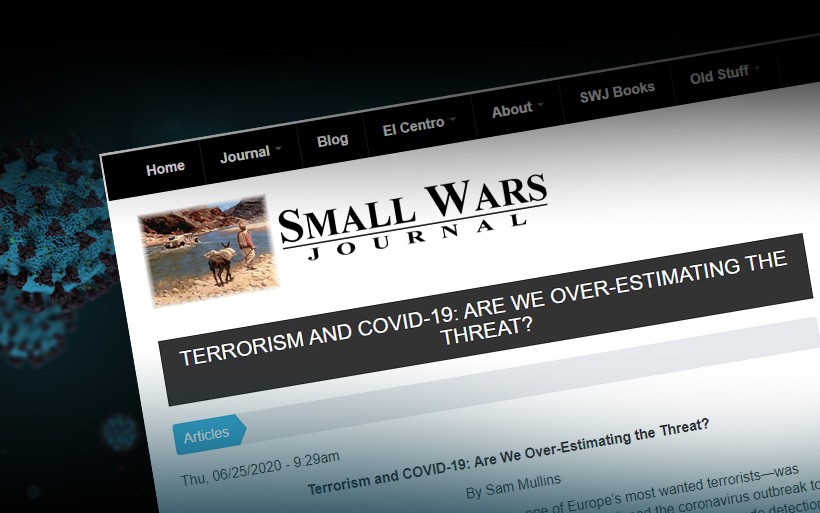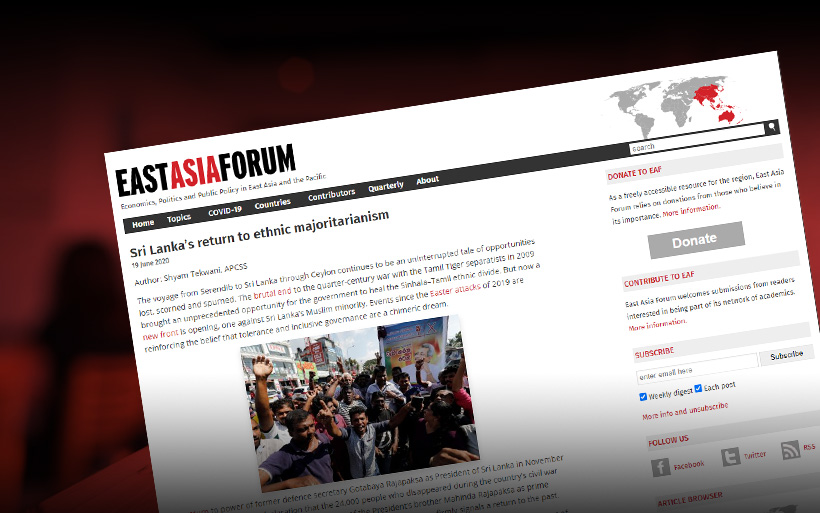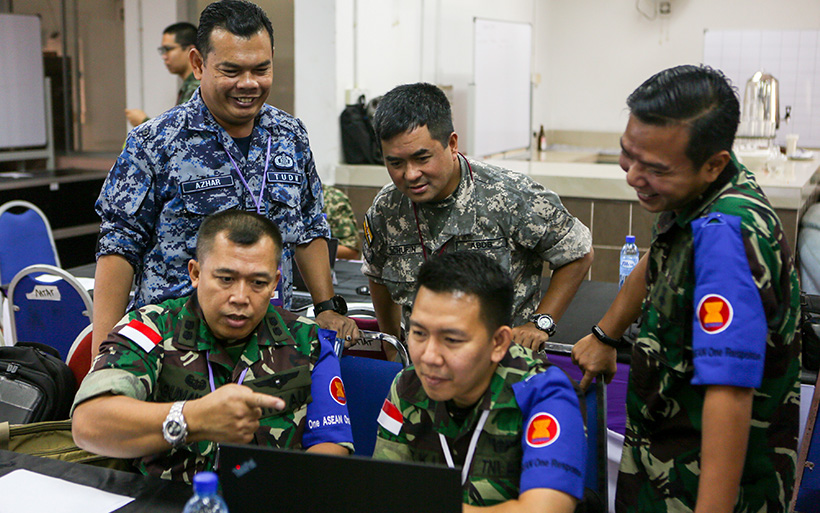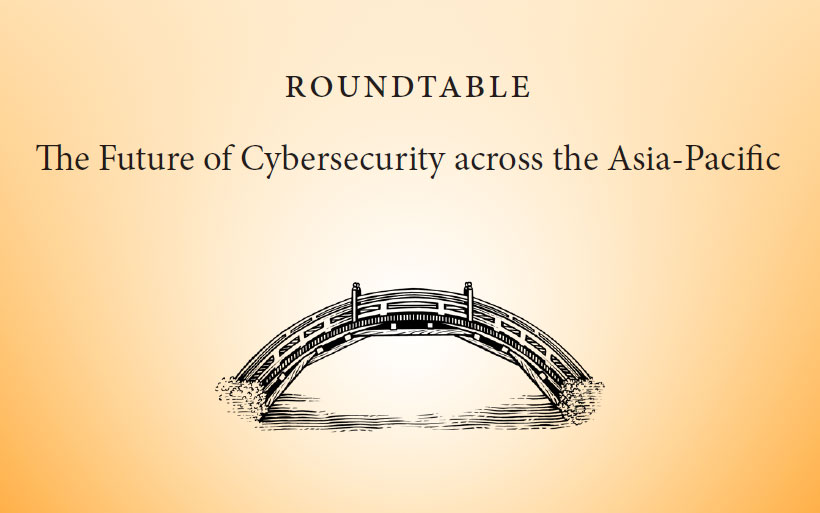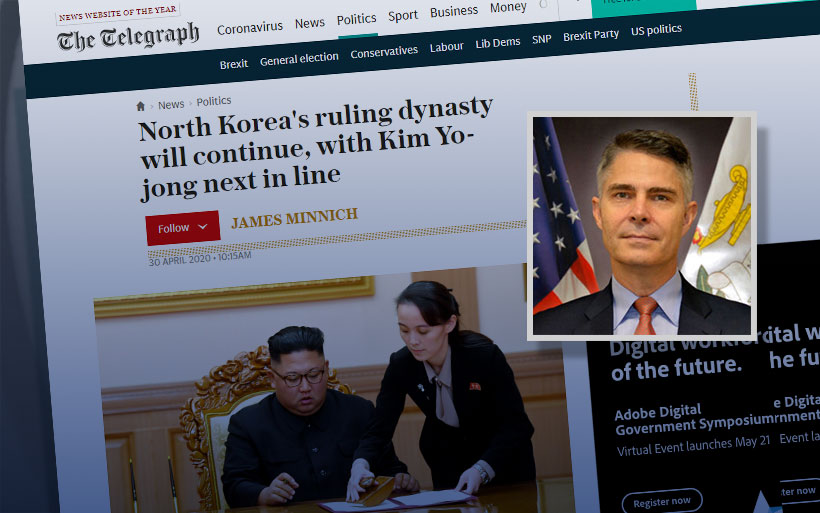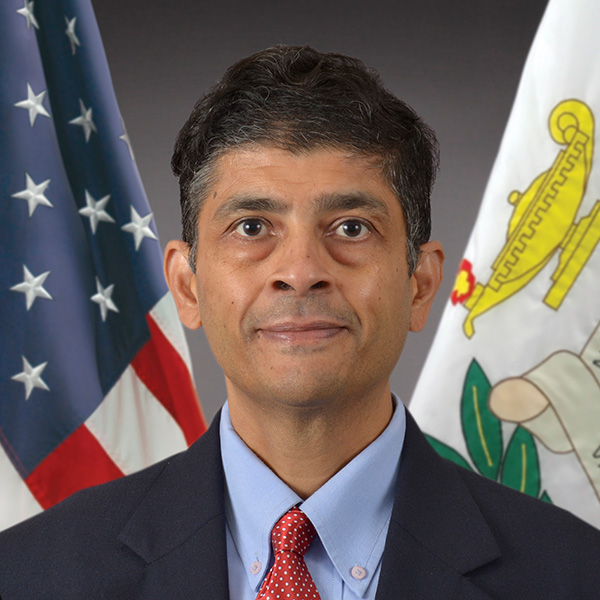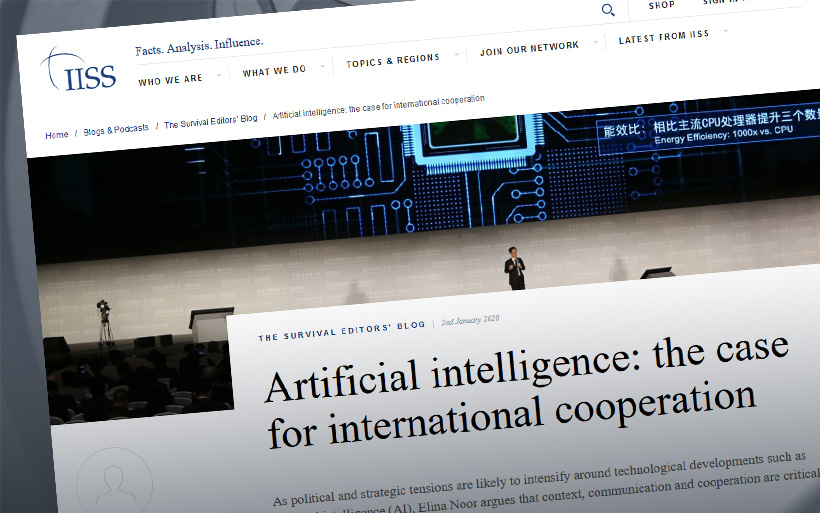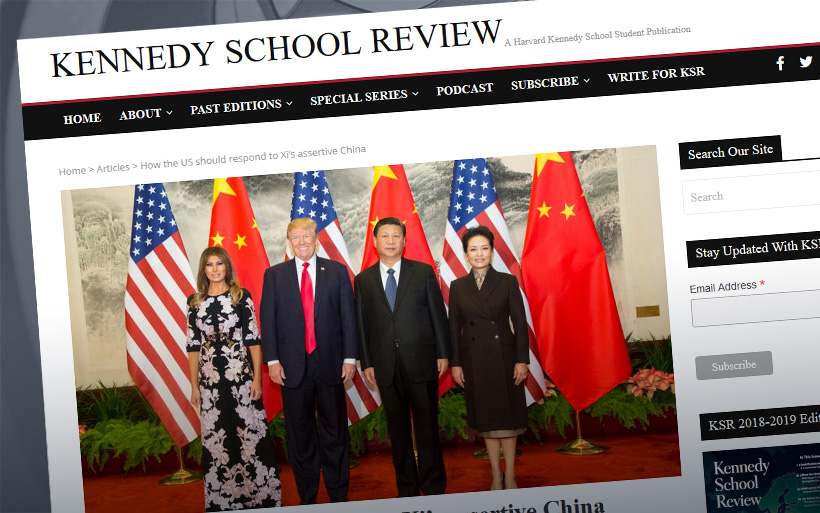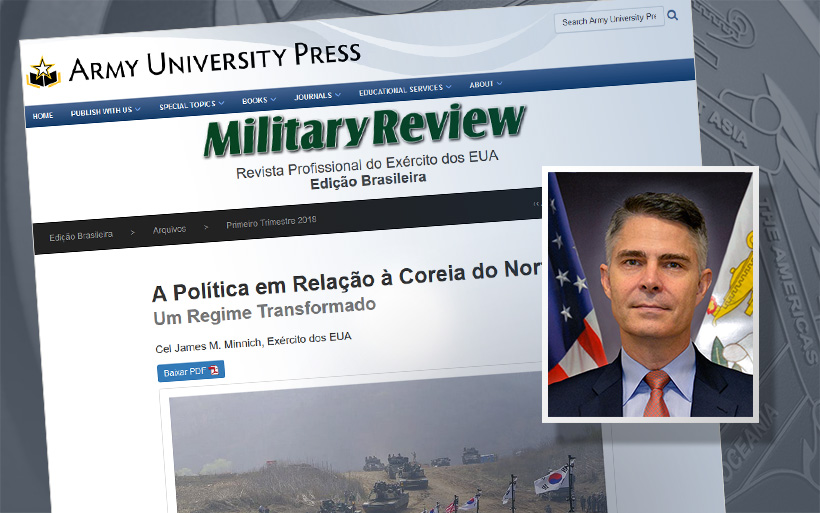APCSS Faculty
Pacific Trident III: The Strengths and Weaknesses of the U.S. Alliance System Under Gray Zone Operations
“Pacific Trident III: The Strengths and Weaknesses of the U.S. Alliance System Under Gray Zone Operations” is the latest paper by DKI APCSS Associate Professor John Hemmings. The paper looks at how tabletop exercises (TTX) are used to train participants on crisis management. The TTX, Pacific Trident III,” was created and run by Sasakawa Peace Foundation USA (Sasakawa USA), a think tank based in Washington D.C. According to Hemmings, “The tabletop exercise utilized two different crises at the same time, challenging the United States and allied players as to which was the 'real' crisis, and which merited prioritization. Also, both crises [...]


